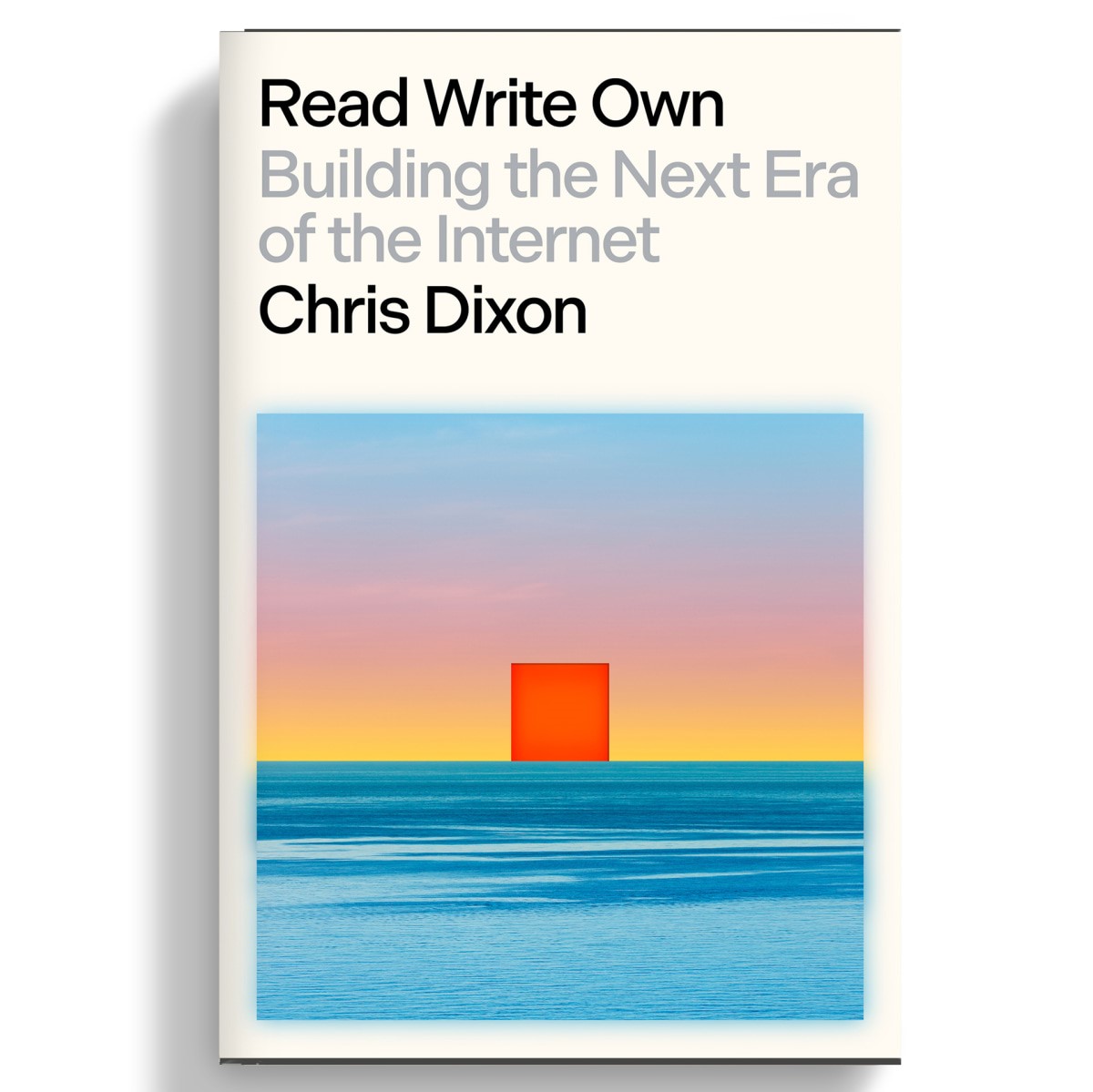I am not a crypto purist. At best I am a dabbler. Back in 2020, I had to teach myself Web3 just to navigate the frenzied startup deal flow of the times. The whole ordeal cost me a few thousand dollars, which I spent on “gas” (not real gas), an .eth handle, and a smattering of JPEGs I was told were super valuable, though it wasn’t entirely clear why. Today I own a little bit of Bitcoin, a little bit of eth, and 3 NFTs—roller-coaster investments that my husband predicted will either go to zero or one day pay for our kids’ college tuition, two equally likely outcomes.
As a VC—despite relentless deal flow and fear of missing out—I’ve invested in a grand total of one crypto startup, more because I knew and respected the founders than because I was excited about the space. To my delight, that company was acquired by Betterment less than a year later. But even with that win, I didn’t double down on the space. There was just too much hype swirling around crypto when I launched my fund in 2021, with everyone treating glitter like gold. And hype makes me deeply suspicious.
Those were the days when cartoons of apes were inexplicably trading for millions while FTX blanketed the Super Bowl with buzzy celebrity endorsements. When Tom Brady asked, “Are you in?” he invited the masses to buy speculative assets whose nature very few people understood, but everyone could invest in with two clicks and a swipe. Of course, it didn’t last. The great crypto implosion followed soon after, starting with the fall of TerraUSD in early 2022. It was around that time that venture capitalist Chris Dixon, an early blockchain evangelist and leader of Andreessen Horowitz’s gigantic crypto fund, was named to the top of Forbes’s Midas List of the top tech investors.
That roller-coaster journey sparked my interest in Dixon’s new book, Read Write Own: Building the Next Era of the Internet. Part textbook, part manifesto, It reads like a summary history of the internet, and attempts to make a case that crypto—or more specifically, blockchain technology—is the best next evolution of our online world. It’s a product of Dixon’s decades-long blogging habit, extensively researched and written during the recent crypto winter when, by Dixon’s own account, he finally had the bandwidth to devote to the task.

The book lands at an auspicious time. The price of Bitcoin is back up around $40,000. With the SEC’s recent approval of Bitcoin exchange-traded funds, crypto is slowly creeping back into the general public’s good graces. I was surprised to learn that Dixon is lukewarm about this long-awaited regulatory approval. “I’m mixed on it, to be honest,” he told me. “I think we need to focus on building applications, building useful things. And ETF doesn’t do that.” This is one of many opinions that Dixon thinks will make him unpopular with crypto purists. Then again, he didn’t write Read Write Own for the purists—he wrote it for everyone else.
I had a shocking realization after my conversation with Dixon: I think he is not a crypto purist either. He is an internet purist. His evangelism for blockchain stems from his desire for a better, fairer, more decentralized internet, one that breeds a more dynamic economy.
Dixon’s formative professional experiences—founding and selling the startups SiteAdvisor and Hunch —coincided with the internet’s post-bubble heyday, when it was still unclear whether anybody could make money online, and startups had a fairer shot at trying. In time, big winners emerged. The strategy of most tech companies—to “capture, control, and monopolize networks”—could be extraordinarily effective. Today, a handful of companies dominate our money, time, and attention online.

“Everyone’s talking about AI blowing up the world,” Dixon says. “I think the real threat is that five big companies end up running everything, and we’re all just subject to what they decide. It feels very boring and monotonous and dystopian to me. I feel like I’m a crazy person, standing on the corner screaming, ‘Why isn’t this a bigger issue to more people?’”
Read Write Own’s core hypothesis is that protocol networks—in other words, blockchains—are the antidote to consolidation, and therefore in the collective interest of humanity. Protocol network design is superior to today’s centralized, corporate-owned networks, where big corporations can squeeze all the value and change the rules on the little guy at any time. In codifying rules of engagement in software itself, blockchains change “don’t be evil” to “can’t be evil.” You don’t have to trust corporate promises. You can trust the software that enforces them.
A critical byproduct of fostering more competition is that protocol networks give creators much more leverage. “There’s nine million artists on Spotify and of those, something like 18,000 make $50,000 a year or more. Is that because people don’t like to pay for music? No, it’s not. It’s because giant companies are sitting in the middle taking all the money,” Dixon says. “We want to have a dynamic economy where new entrants can succeed, and entrepreneurs can succeed, and small businesses can succeed.”
As a VC, a tech enthusiast, and an ordinary human spending too much time online in 2024, it’s hard for me not to get excited about an internet that returns power to its billions of users. At the same time, it’s hard to reconcile that vision with the giant toll the recent crypto crash took on thousands of ordinary people. Are we really ready to trust in crypto again?
In the book, Dixon proposes the concept of dueling crypto personas: There is a computer, and there is a casino. In the wild 2021 highs, the casino was in charge and took the world for a ride. Meanwhile, the computer kept its head down and kept building. I know I don’t trust the casino. But I am definitely interested in what the computer is building. And after digging into Read Write Own, I have to say, I get it.
Crypto might not be the inevitable future of the internet. Even Dixon refrains from making predictions and leaves wide berth for disagreement. But I share his optimism. “I think it’s a tragedy that this is not a golden era for startups and creative people,” he says. “The key concept is ownership. If people can own parts of the internet, they have an incentive to build.”
So, hey, Tom Brady? I wasn’t in on FTX. But when it comes to this more boring version of crypto—where applications give everyone ownership of our data and identities, more control over our choices, and a better chance of making a living online—I’m in.
(30)